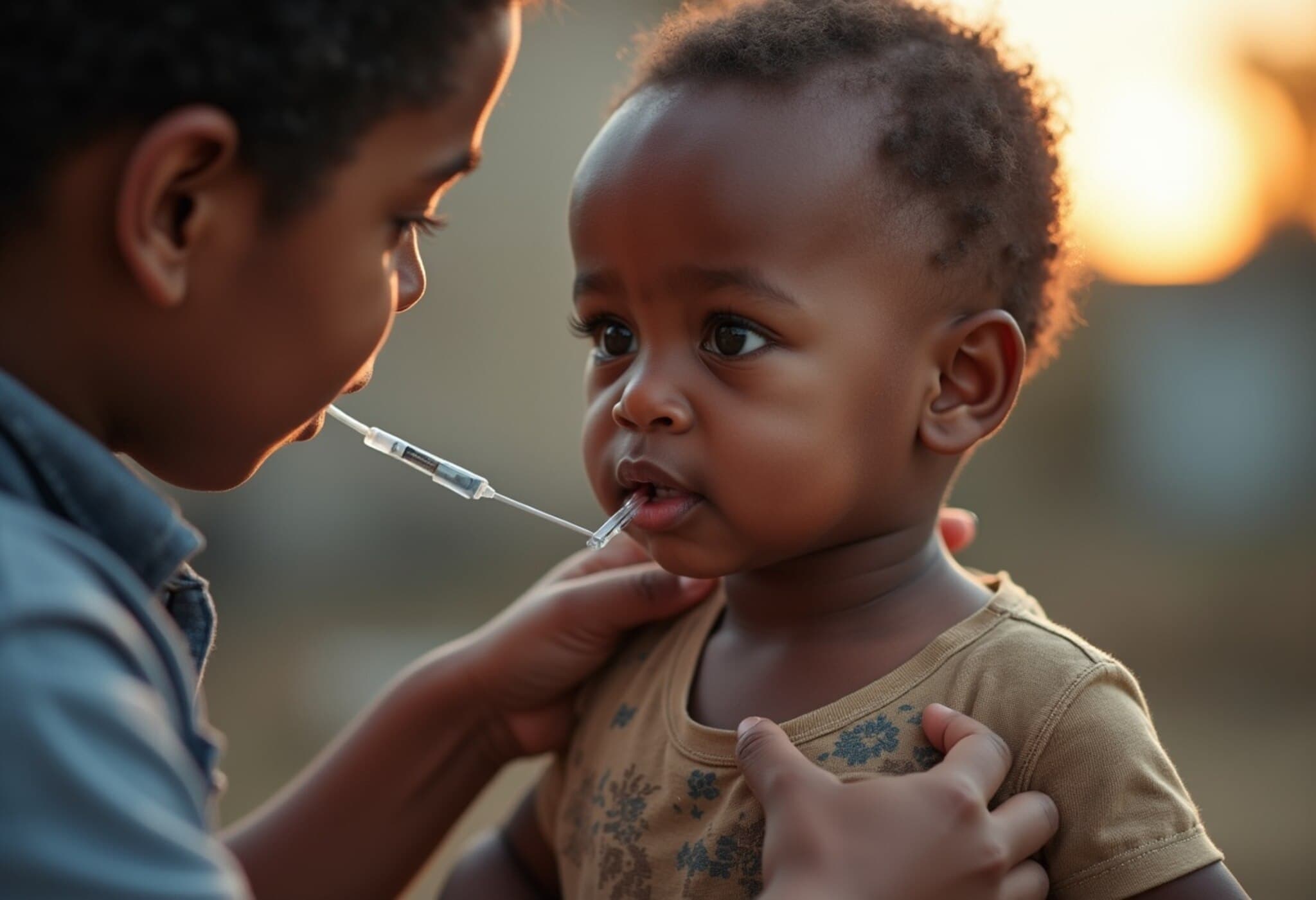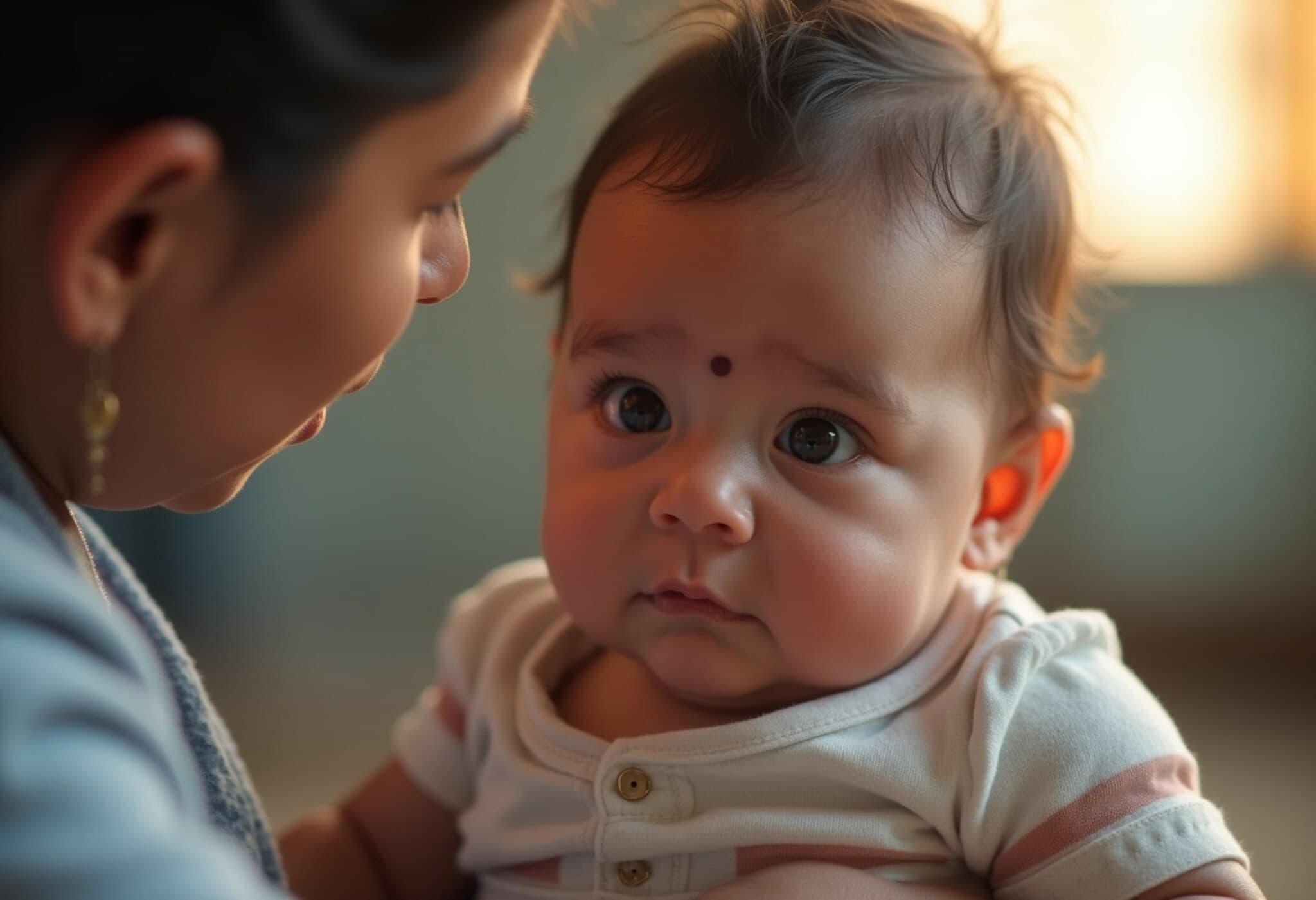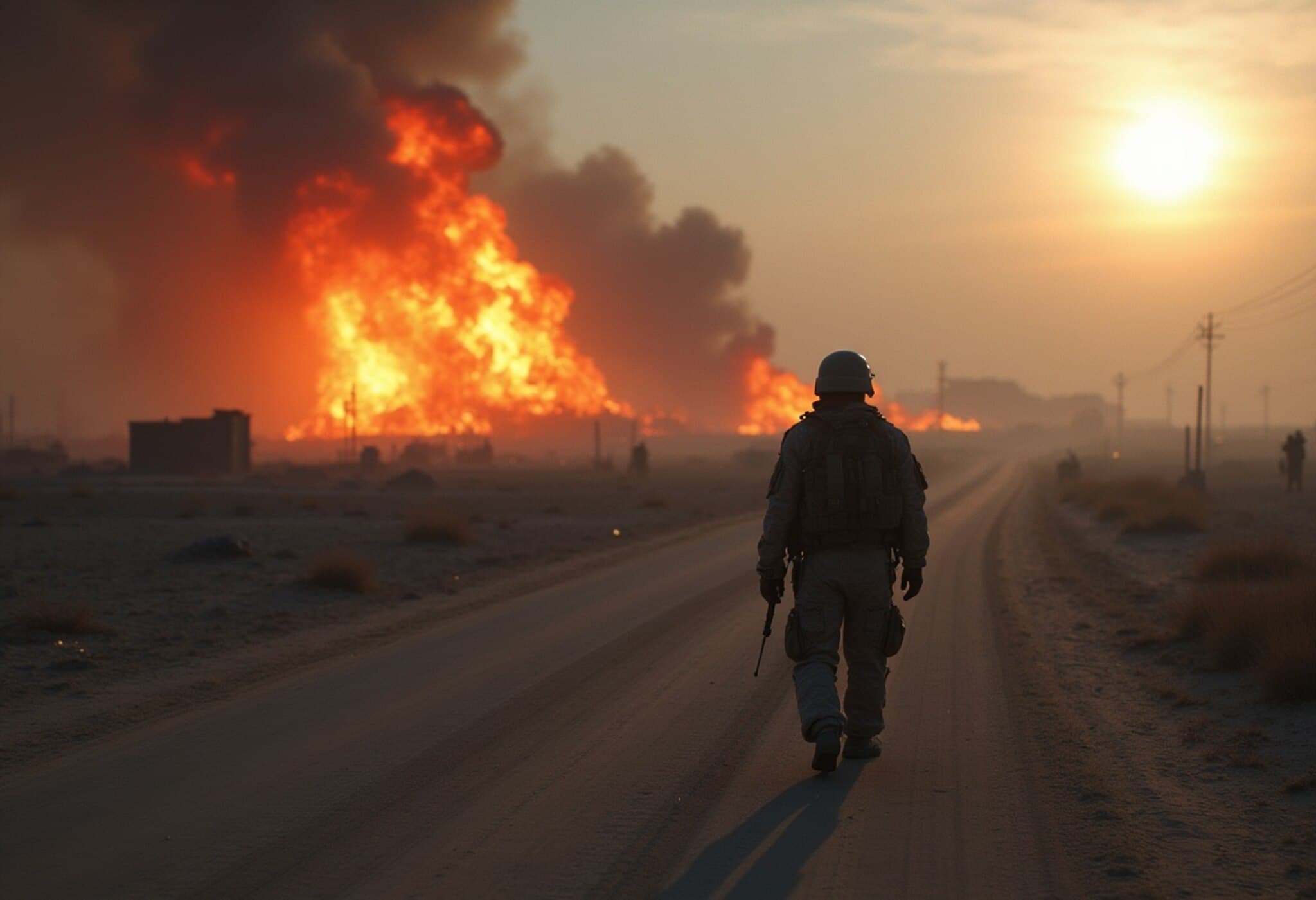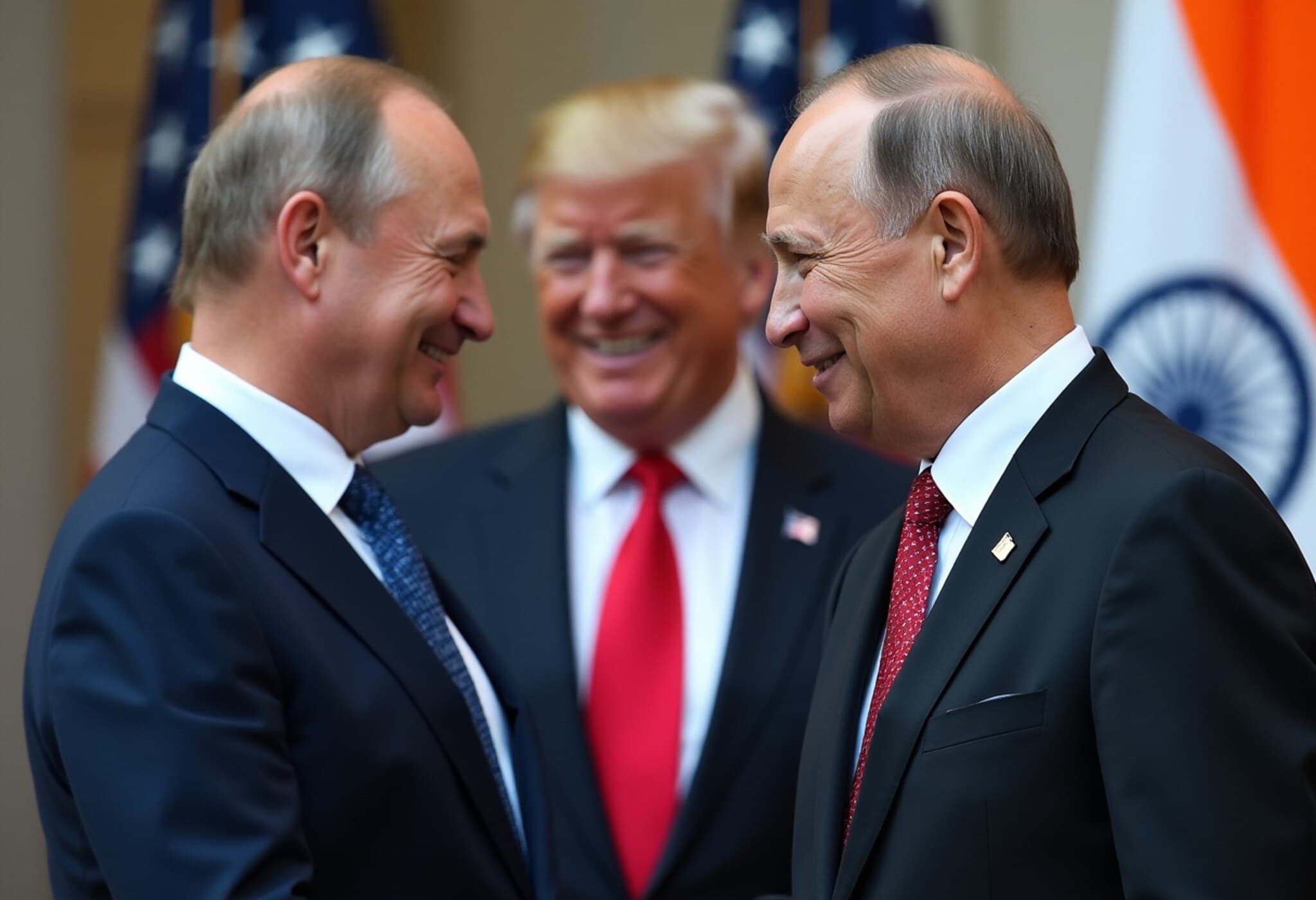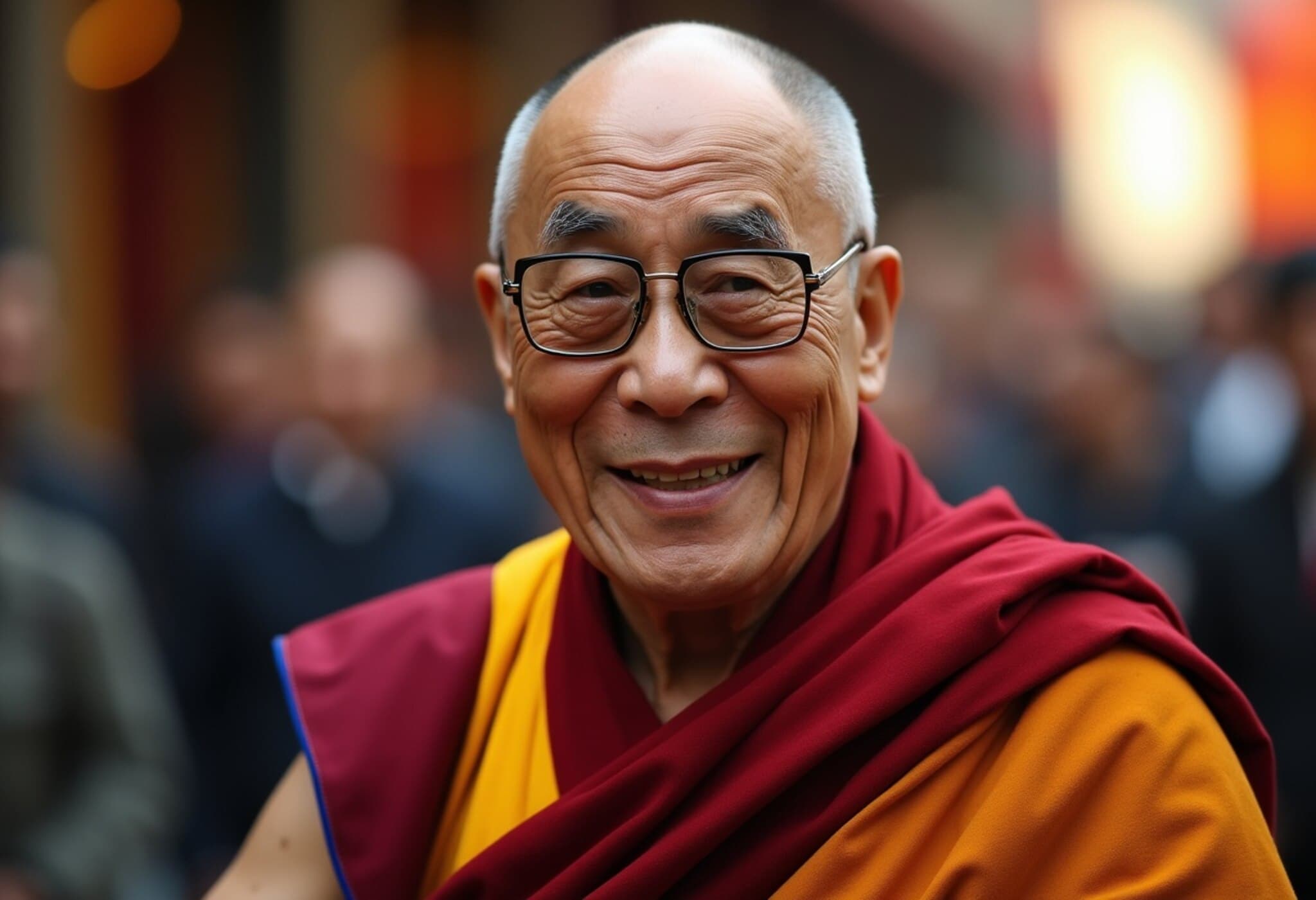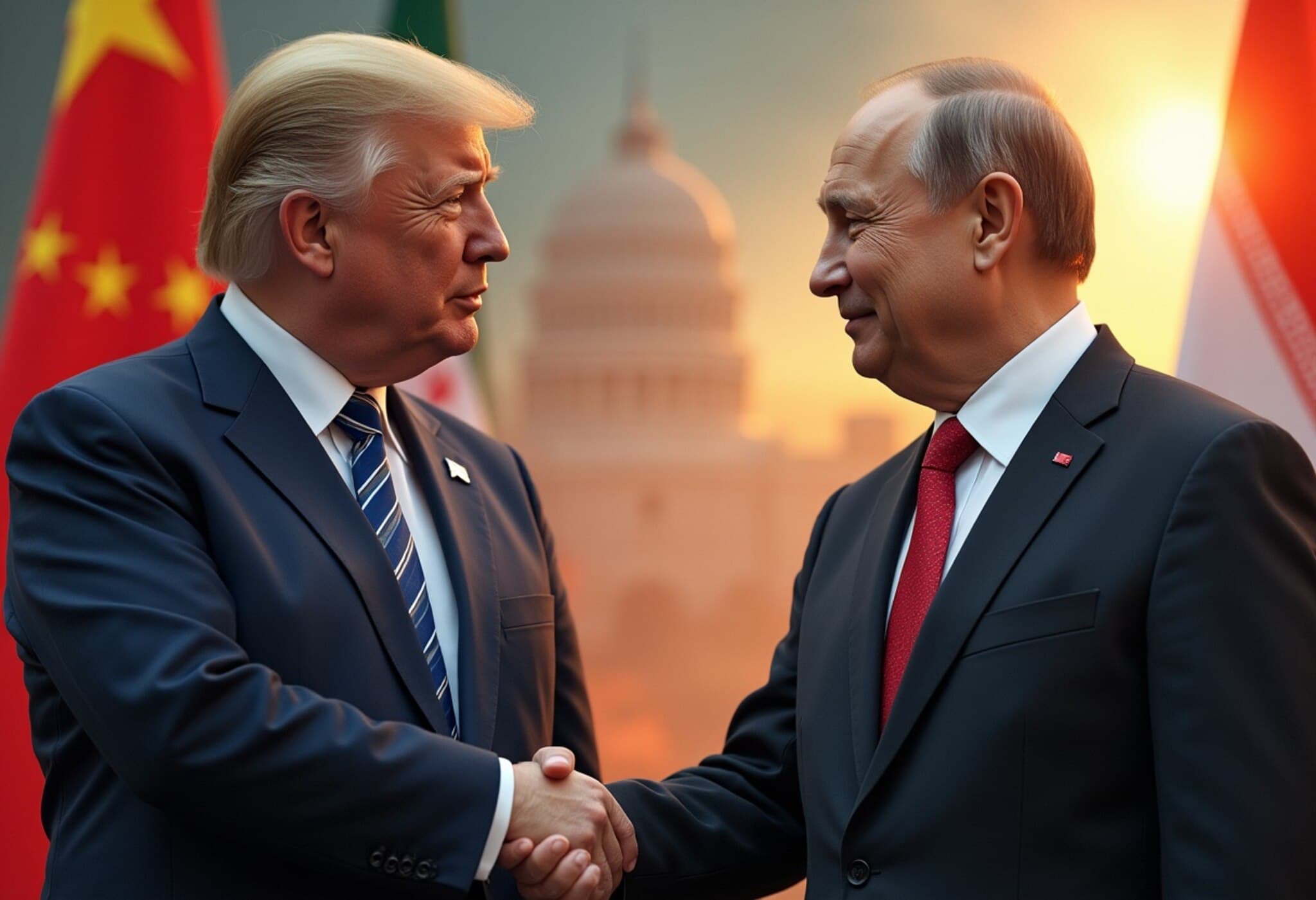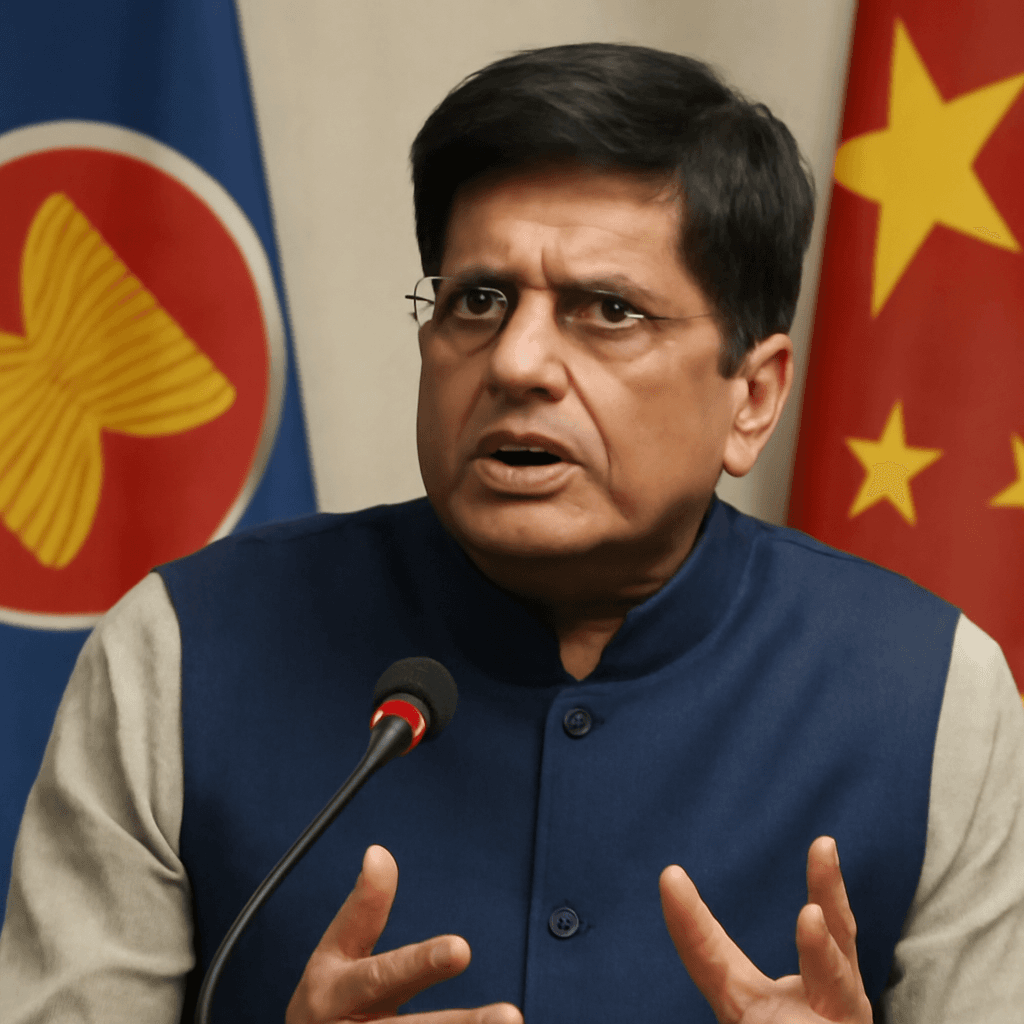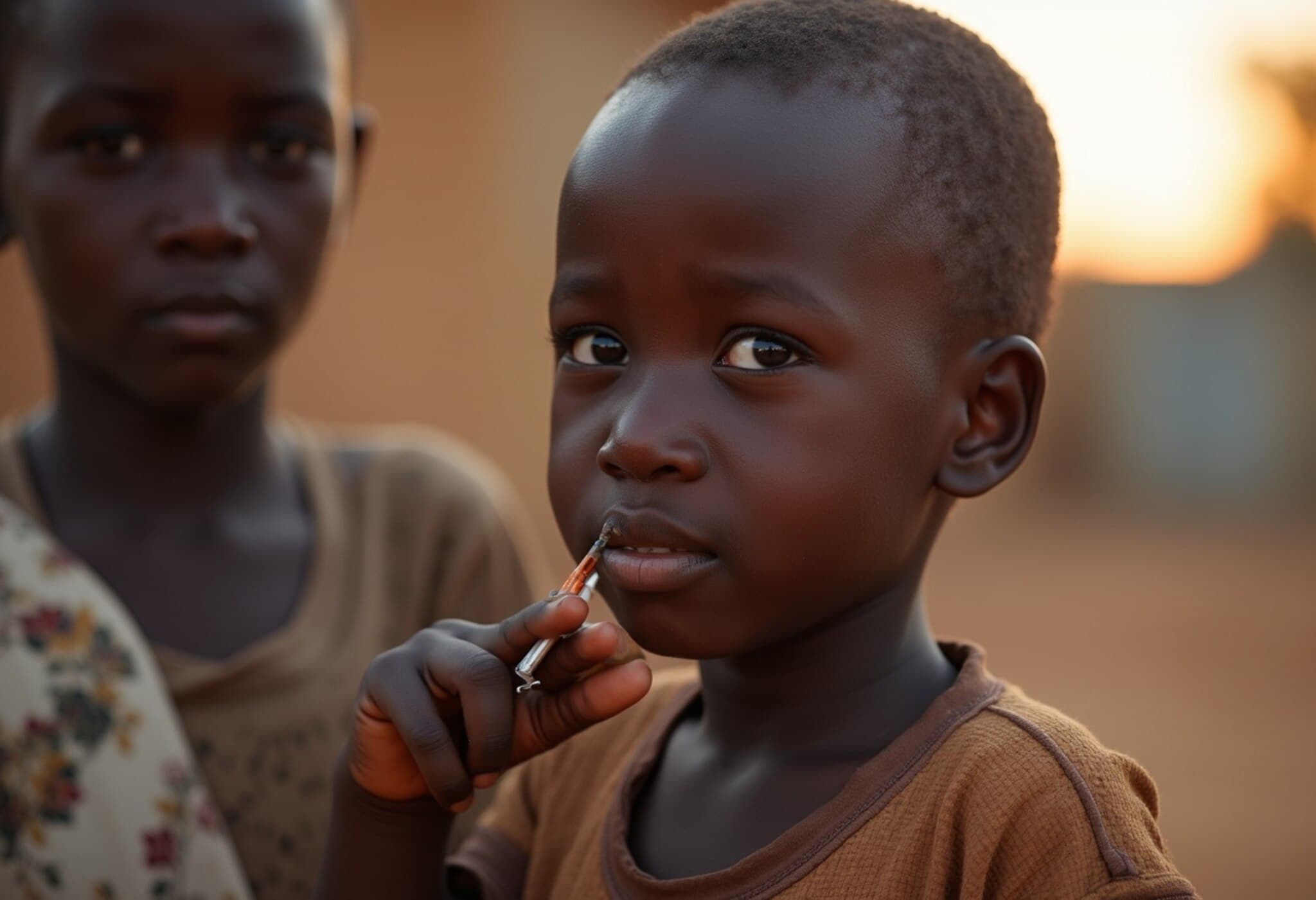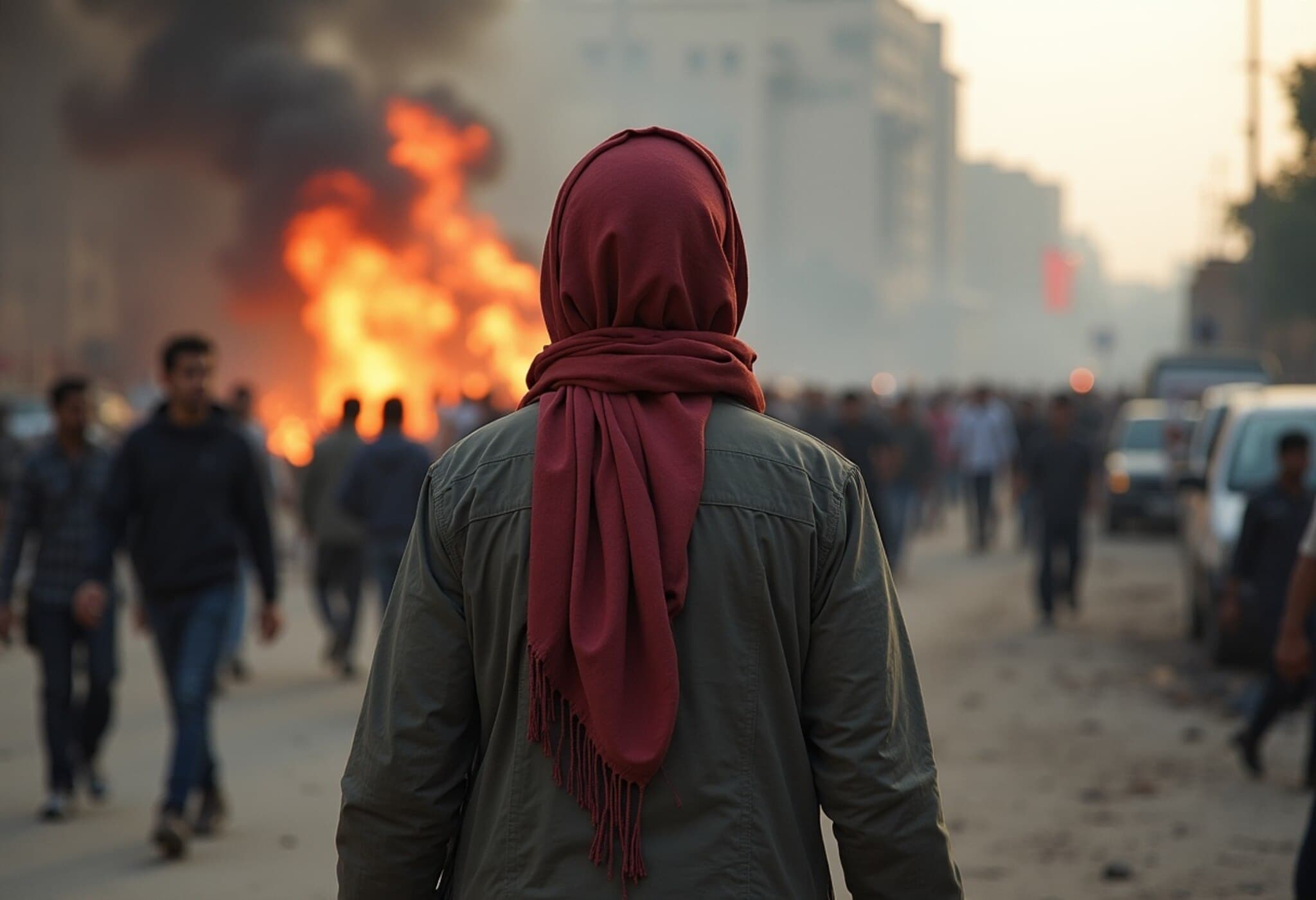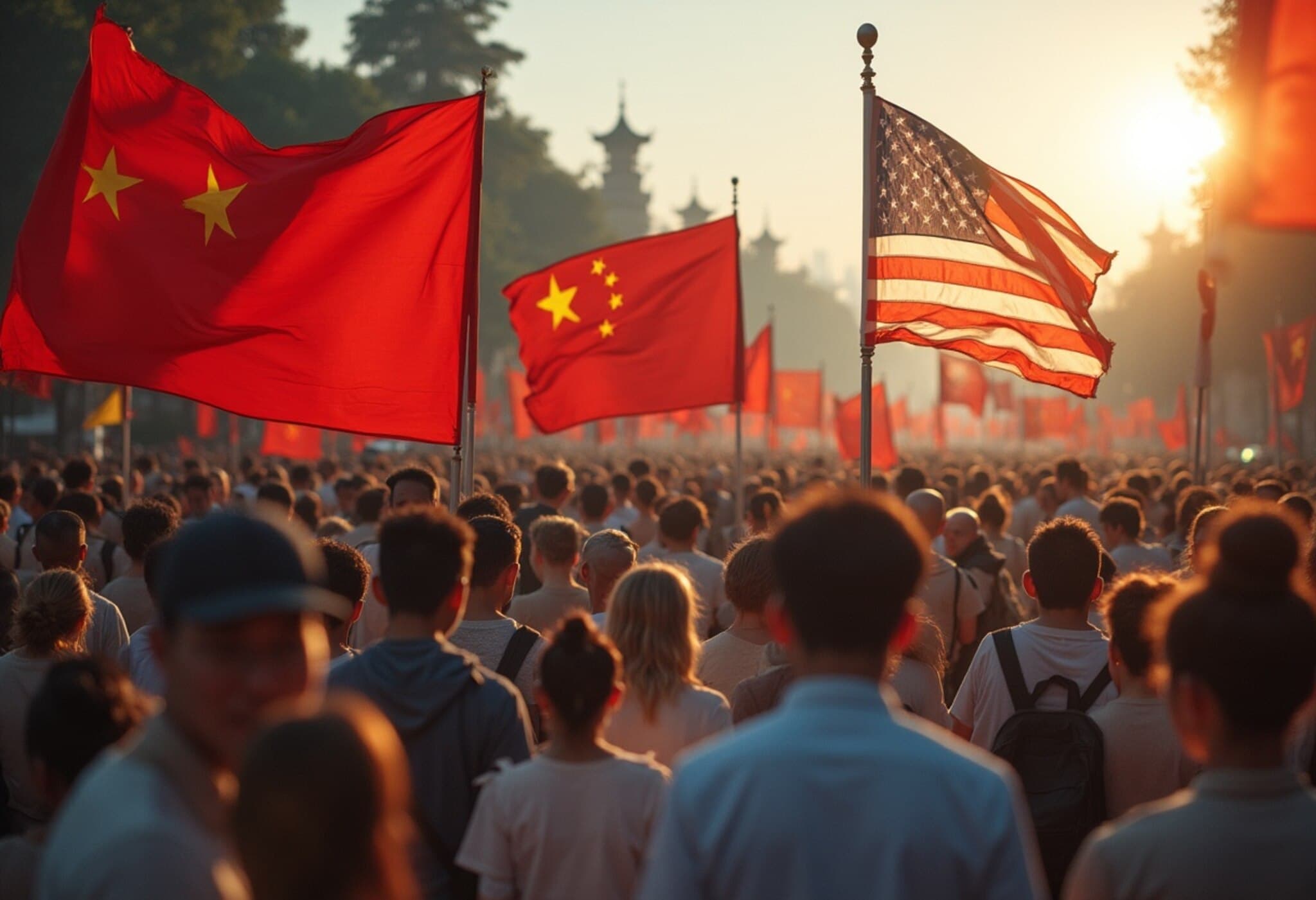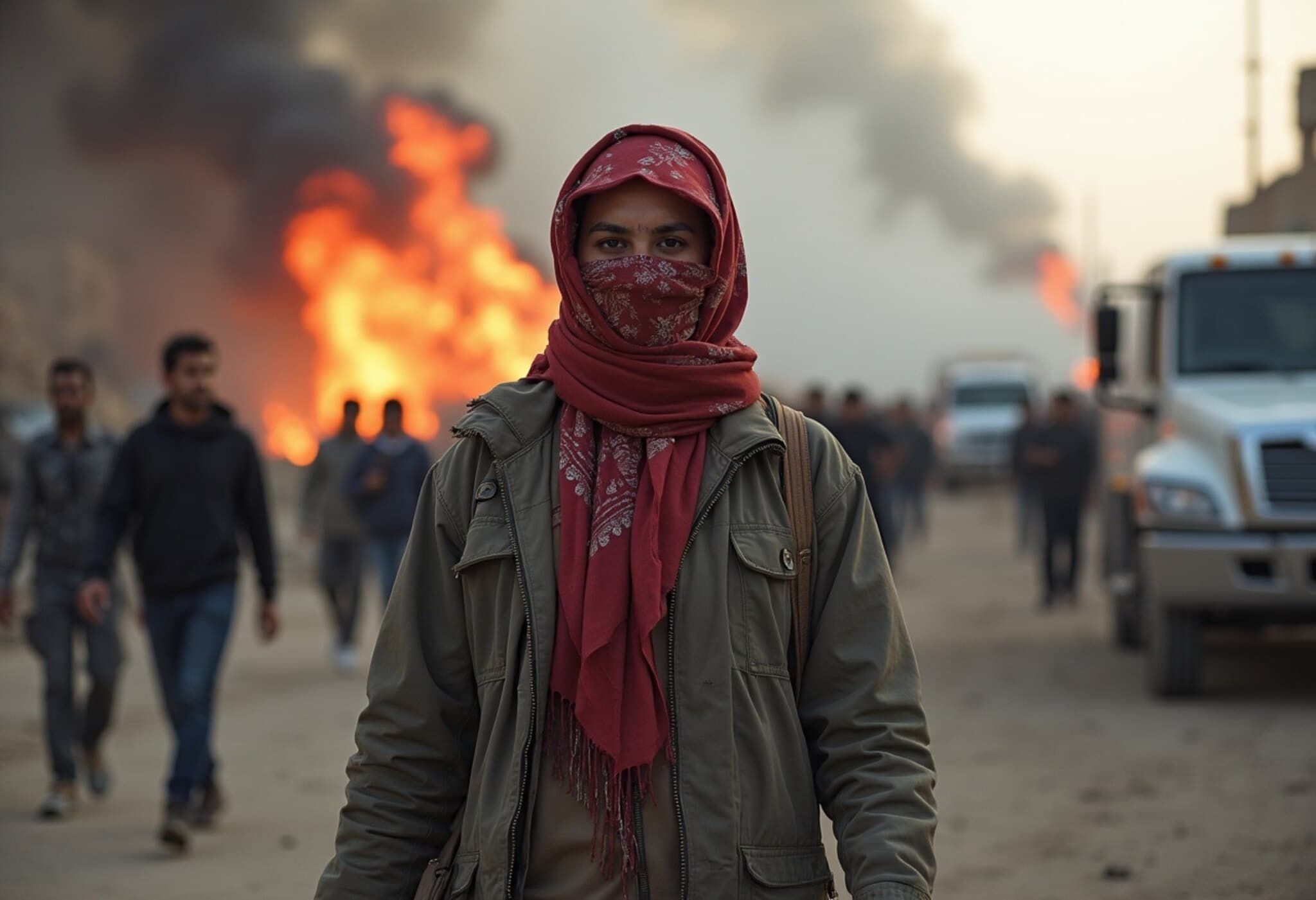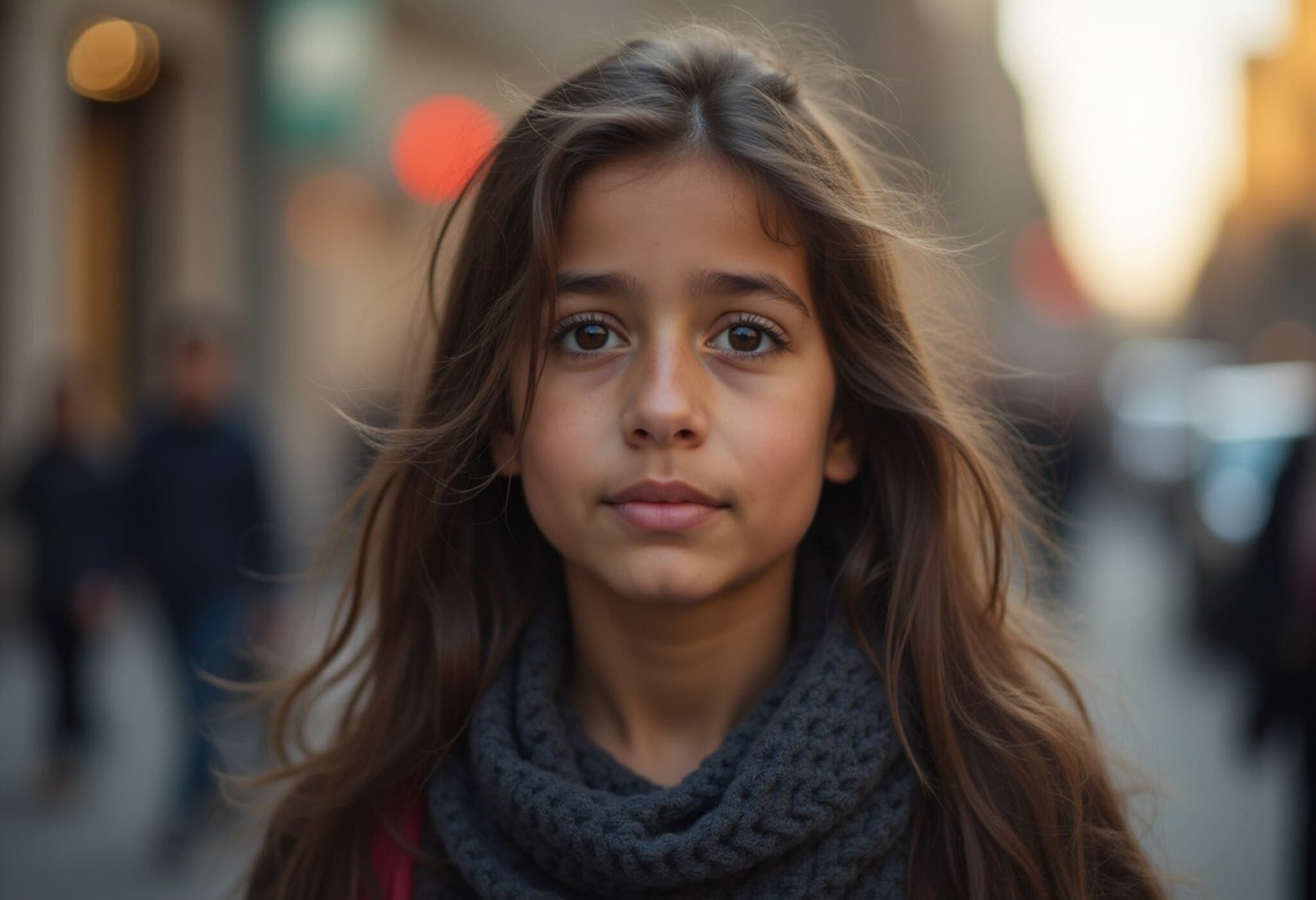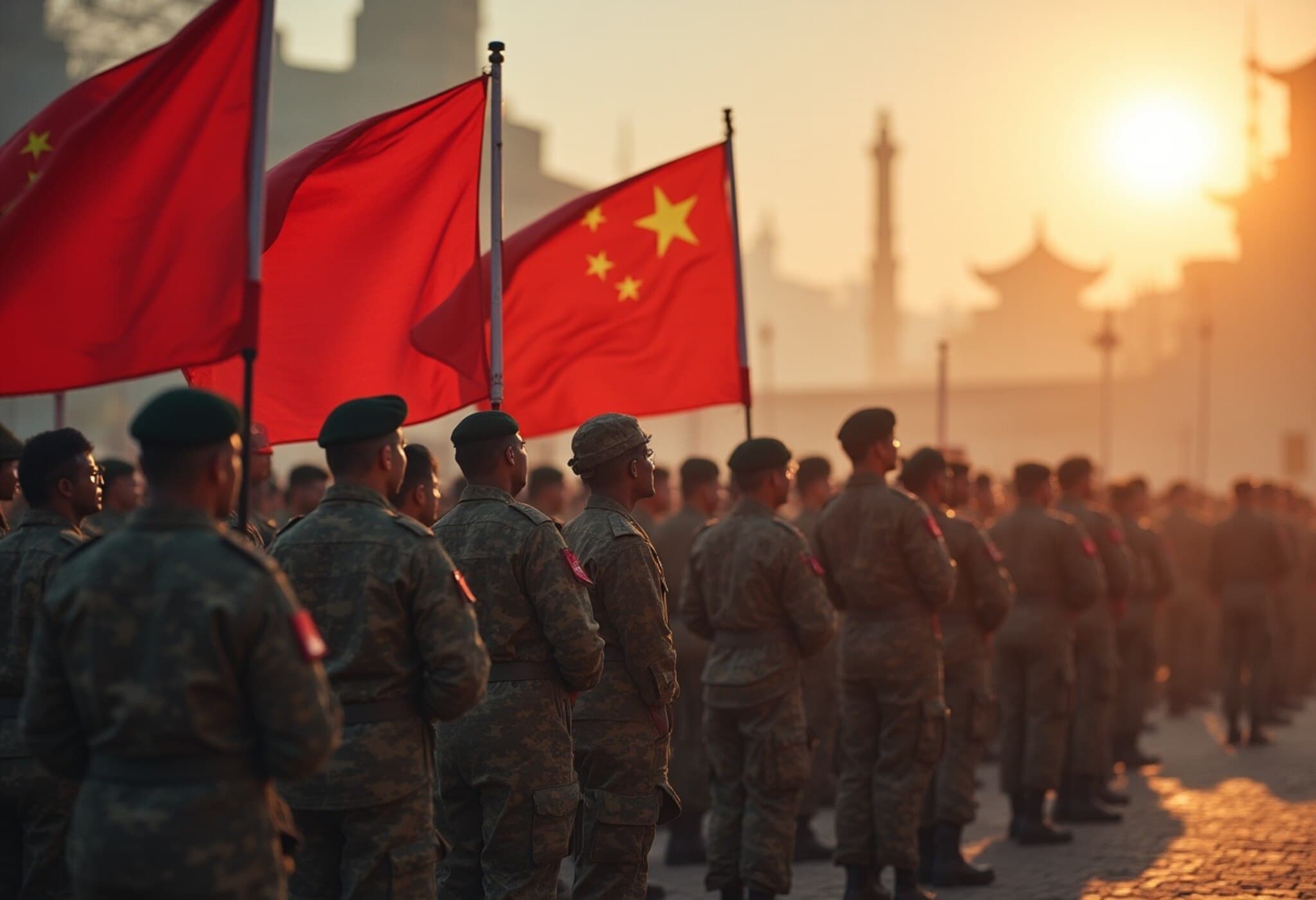Funding Reductions Threaten Millions' Access to Vaccines Worldwide
Recent decisions by the United States and the United Kingdom to cut billions in donations to the global vaccine alliance, Gavi, have sparked concern over the future of affordable vaccination in vulnerable communities. These funding cuts risk depriving millions of people of critical immunizations and potentially contribute to hundreds of thousands of preventable deaths.
Details Behind the Funding Cuts
The United States plans to slash its annual contribution to Gavi by approximately $300 million, while the UK has reduced its five-year commitment from $438.4 million to $342.5 million. The American reductions are linked to broader cuts in foreign aid programs, while the UK’s decision is driven by a strategic shift to bolster national defense amid rising security challenges posed by nations like Russia and China.
Impact on Vaccination Coverage and Mortality
Gavi plays a vital role in delivering vaccines against diseases such as human papillomavirus (HPV), malaria, yellow fever, COVID-19, Ebola, measles, and typhoid across some of the world's poorest regions. The British funding cut alone endangers roughly 23 million child vaccinations over the next five years, which an advocacy group estimates could lead to as many as 350,000 additional deaths.
Official Statements and Strategic Priorities
The UK’s International Development Minister explained that the government's tough budget choices prioritized defense investments in response to the geopolitical climate. She emphasized hope for increasing support to Gavi in the future, but framed these cuts as necessary given current circumstances.
Geopolitical Ramifications and Emerging Dynamics
The U.S. funding cuts come amid a broader realignment of foreign aid under recent administrations, marked by a withdrawal from key developmental and health initiatives worldwide. Experts warn this retreat may inadvertently cede influence to China, which has been actively expanding its presence in regions like Africa by offering alternative support and investments.
Without the United States maintaining its humanitarian commitments, developing countries may increasingly turn to Chinese assistance, potentially reshaping global alliances. Analysts stress that countering this shift requires collaborative efforts, and the void left by U.S. disengagement could significantly empower China’s role in the Global South.
The Urgent Call for Global Cooperation
The reduction in Gavi funding underscores the precarious balance between national priorities and international health needs. As billions stand to lose vaccine access, the situation highlights the critical importance of sustained global cooperation to safeguard public health, especially among the most vulnerable populations.
Millions face unprecedented risks without continued vaccine support, emphasizing that investment in global immunization is not only a humanitarian imperative but a strategic one for worldwide stability and security.

